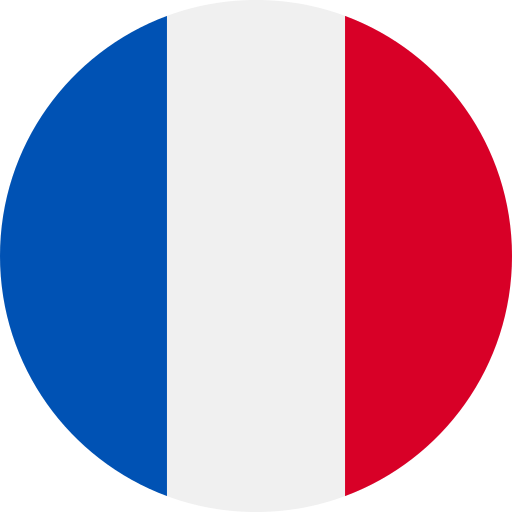We will also be planting trees with you in May, June & July - this time in Senegalwhere, together with veritree and Mother Trees support a project that tackles environmental and social challenges simultaneously. The goal: degraded land in the Ndankou- and Patte forestsstrengthen biodiversity and secure the livelihoods of thousands of people.
Sustainable agriculture for people and nature
In the region around the Senegalese community of Nganda, previous agriculture - especially the cultivation of peanuts in monoculture - has depleted the soil and destroyed important habitats. But this is precisely where we come in: With an agroforestry project covering an area of up to 30,000 hectares, a system is being created that combines forest, agriculture and sustainable use.
Instead of reforesting individual tree species, 6,000 local families are actively involved and each cultivate one hectare of land - with a mix of native tree species and food crops. This not only improves soil quality, but also food and income security in the region.
The power of trees - and of community
Agroforestry is more than just reforestation. It promotes:
- healthy soils
- Biodiversity
- Higher agricultural yields
- and greater resilience to climate change
The geodata technologies used help to precisely monitor the development and secure the plantations in the long term. The choice of tree species is also deliberate: Among others, baobab, mahogany, tamarind, honey tree and kapok tree are planted - all valuable for nature and people.

A project with a long-term impact
The project aims to stabilize the Gambia River Basin in the long term - an ecologically important area in West Africa. In addition to the environment, the population also benefits: despite economic growth, over a third of people in Senegal live in poverty. This is precisely where this project comes in and creates prospects - with fairly paid work and sustainable development.
Impressive facts and figures
- Project location: Nganda region, Senegal
- Area per 10,000 trees: approx. 4.44 hectares
- Survival rate of the trees: approx. 75 %
- CO₂ binding per Tree: approx. 0.027 tons
- Workload: approx. 20 working days per 10,000 trees
And which animals benefit?
With the new habitat, endangered and rare species are also returning:
- White-headed vulture: An endangered species of bird of prey that lives in open savannahs and plays an important role in the ecosystem as a scavenger.
- African pointed crocodile: A rather shy and rare crocodile species that occurs in slow-flowing waters - highly endangered due to habitat loss.
- African damselflies (threadtails): These delicate insects are not only fascinatingly beautiful, but also a sign of intact waters and high ecological quality.

Together for a greener world
Thanks to your support, we plant in May, June and July 67'573 trees for this project in Senegal. Every single Tree helps to regenerate the region in the long term - ecologically, socially and economically. And the best thing is: you are part of it.
Because our commitment to the environment goes beyond planting trees. We believe in the power of community and that together we can make the world a better place. With every NIKIN you buy, we plant another Tree. So your contribution becomes real impact - #treebytree.
You can find out more about all our tree planting projects and the impact of your support on our TreeTracker page.




















